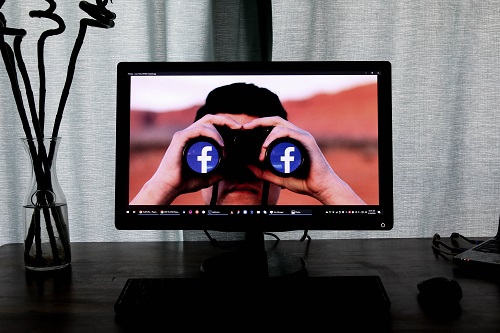The U.S. midterm elections are looming. And in the digital world we now live in, postcards and other traditional media advertising are slowly dying.
This, of course, is thanks in part to online advertising platforms like Facebook. There’s more than a billion Facebook users, most of whom check their news feeds more so than they check their email messages. And many more times than they would view their snail mail.
New Facebook Policies for Political Ads
Earlier this year, Facebook announced new ad policies that would help “regulate” political advertisements. Specifically, the social media giant started sending direct mail postcards to verify ad buyers associated with U.S. elections. At the time, Facebook’s global director of policy programs, Katie Harbath, said the policy would be in place before the midterm elections in November.
It turns out this was true.
According to a February article by TechCrunch:
The cards will be sent to people who want to purchase ads that mention candidates running for federal offices, but not issue-based political ads, Harbath said, and contain a code that buyers need to enter to verify that they are in the U.S. The program is similar to ones used by Google My Business and Nextdoor when they need to verify business owners or users who want to join closed neighborhood groups, respectively.
While the postcards “aren’t going to solve everything,” Harbath asserted, they are the most effective way to prevent people from using fake information to buy ads.
What Prompted the Move
Facebook’s attempt to put the kibosh on false advertising is no enigma, considering that the company (along with Google and Twitter) were called to testify in Congress last year regarding Russian interference in the 2016 elections.

The discussion came down to how Russia was using their social platforms to spread “fake news,” a mantra we’ve become very accustomed to over the past couple years.
In turn, a number companies have been accused of not putting in place enough resources and technology to stymie false advertising.
And so they have taken action.
Update:
While for many years, platforms like Google AdWords have housed the majority of political ad dollars, the game has changed. In recent history, Facebook has taken the crown.
In another act of transparency, Facebook just released an ad archive report that details the top political ad spenders (comprised of both politicians and political groups).
Ironically, Facebook topped its own list – followed by Beto O’Rouke, Donald Trump, JB pritzker, Care2, and ExxonMobil.
